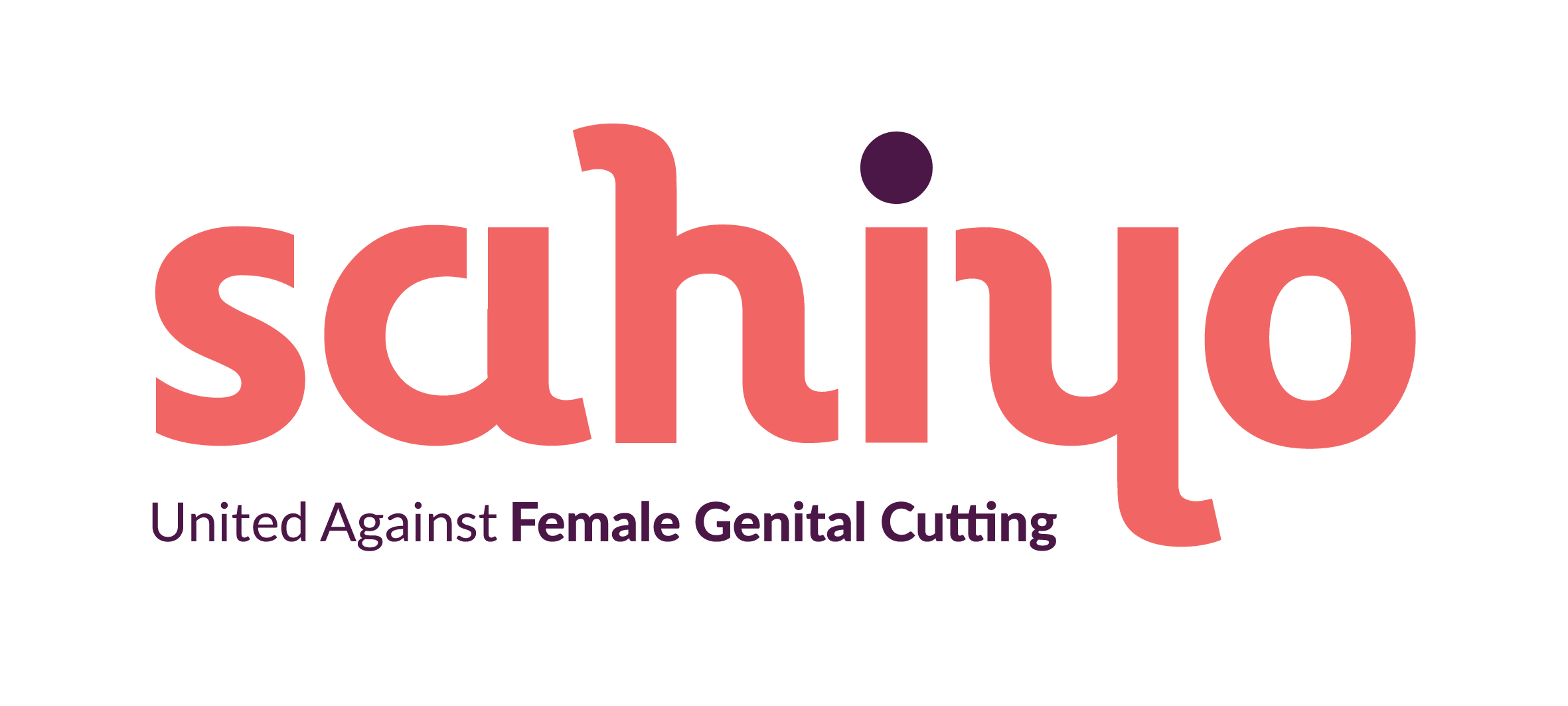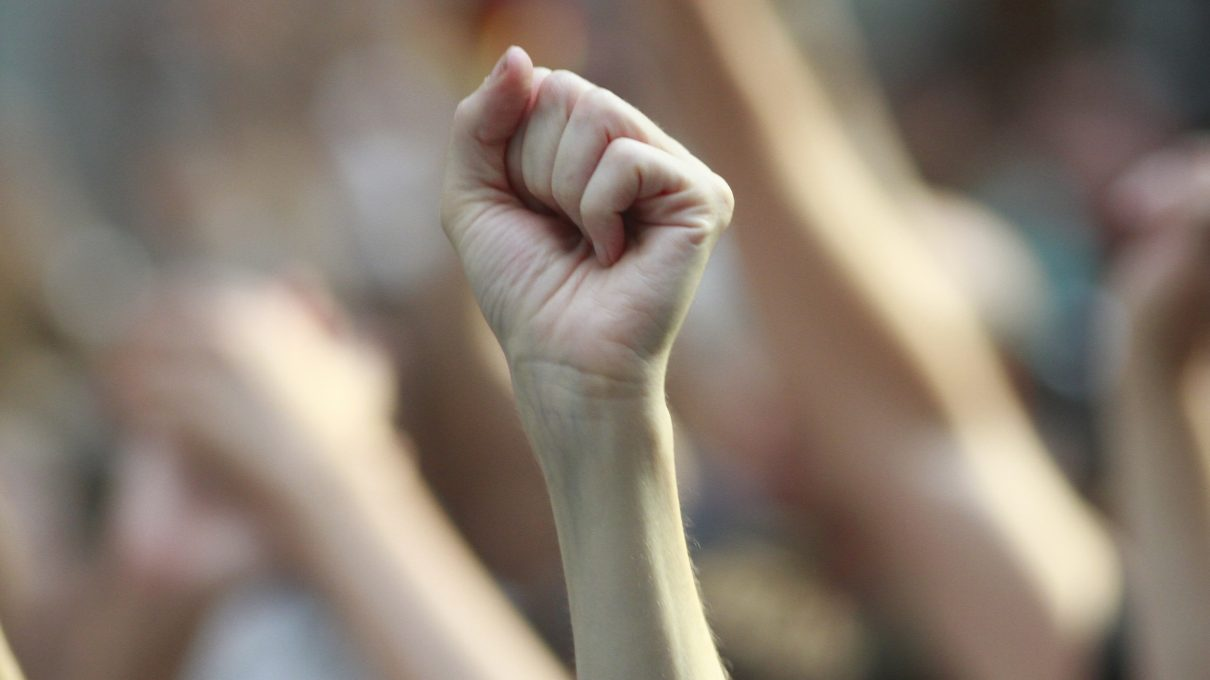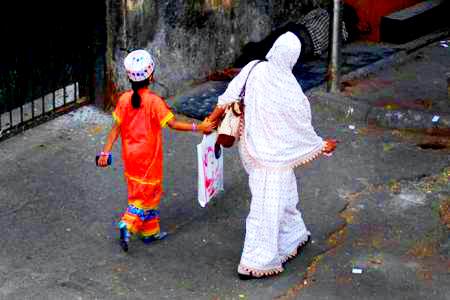By Sahiyo
On November 20, U.S. District Judge Bernard Friedman dismissed the female genital cutting charges in the historic Michigan case involving girls from the Dawoodi Bohra sect, emphasizing that FGC should be regulated by states as a “local criminal activity.” Congress enacted the 22-year-old federal law banning FGC in 1996 — the law Judge Friedman has declared unconstitutional.
Charges were dropped against two Michigan doctors, Dr. Jumana Nagarwala and Dr. Fakhuruddin Attar, and six others accused of subjecting at least nine minor girls to FGC. However, Dr. Nagarwala, Dr. Attar and his wife, Farida, and a mother remain charged with conspiracy to obstruct an official proceeding. Dr. Nagarwala is also charged with conspiracy to travel with intent to engage in illicit sexual conduct.
In light of these developments, we would like to share the responses of many Bohras and other activists working to end FGC.
“What is so disappointing to me is that justice will be delayed in this case. There is a growing, global movement against khafz/FGC and we need positive judgments to send a strong message to our community that this practice is harmful and illegal. We must protect future generations of Bohra girls.”
~ Farzana Doctor, Canada
“By declaring the federal ban on FGM/C unconstitutional, Judge Friedman opens the door for parents to do exactly what was done in this case — take their daughters from states that ban FGM/C to states that don’t so they can be cut.”
~ Umme Kulsoom Arif, USA
“The ruling on the jurisdiction of this case is giving some folks a perceived green light to proudly say that khatna/khafz/FGM/C is not illegal in the US after being afraid to say it out loud after Nagarwala was arrested. But people should understand that there are many state laws still in place (including in Michigan now) and the judge said that FGM/C is a ‘criminal activity’ so parents beware. This does not give you permission to cut your daughters. It will be a regrettable time in history if there is an uptick in the practice of FGM/C in the US because of this technicality in the jurisdiction of this case.”
~ Zehra Patwa, United States
“Shameful really! While 30 other countries have made FGM illegal, US, the supposed defender of human rights, has just shown the world what American justice is…women’s rights are not just not important for the federal court.”
~ Saleha, Canada
“Shocking judgment. But at the same time judgment gave us more spirit to work hard and achieve the desired goal to end FGC. To bring social change takes time but nothing is impossible. I’m sure through our collective efforts we will achieve our goal one day.”
~ Chandni Shiyal, India
“While on our climb towards the summit, we are going to face slips and stumbles but the climb must go on…..this judgement though disappointing is a mere stumble or slip….”
~ Fakhera, India
“This judgment is clearly based on a technicality of the federal versus the state jurisdiction. Irrespective, FGC still continues to be a violent act against 7-year old girls. Are we disappointed to hear this decision? Most certainly. However, it’s only a matter of time until people open their eyes and see the truth. Tradition without any logic can only hold its ground so long. Sati used to be tradition too, in this very land. Look where we are now.”
~ Alifya Thingna, India
“One of the most disheartening outcomes of this case is the lack of outrage among our elected officials. Two, recently elected, Muslim women representatives from Michigan and Minnesota (the two states involved) have failed to use their platforms to proactively address this issue. FGM is an issue that affects the safety of women and girls, and constituents in their communities. This decision (and the lack of public outrage) sends a signal to communities who practice FGM that there will be no accountability.”
~ Maryum Saifee, United States
“It’s a sad day for silent seven-year-old girls when there is no clear US law to protect what is truly theirs!”
~ Rashida Rangwala, United States
“I am so disheartened by this decision! It’s actually shocking. I thought at least USA law would give justice to innocent girls.”
~ Alifya Sulemanji, United States
“No little girl in this world should have to go through the trauma of female genital cutting. Cultures should not be empowered to take away the human rights of their members.”
~ Renee Bergstrom, United States
“I feel angry and deeply disappointed. This isn’t over but it’s incredibly discouraging to see our legal system disrespect and let down girls and women being violated in this country.”
~ Lara Kingstone, United States
“यह केस 23 US राज्यो में FGM कानून के अभाव में जीता गया है। यह एक ही टेक्निकल ग्राउंड है। अब यह केस अमेरिकन सुप्रीम कोर्ट में जाएगा। UN कानून के तहत अमेरिका बाध्य है। अब वहां सुप्रीम के आदेश पर फेडरल कानून बन सकता है। कोई भी संघर्स लंबा समय मांगता है कभी जीत कभी हार होती है। हरेक निष्फलता अगली सफलता का बेज़ (फाउंडेशन) बनता है। भारत के कोई राज्य में ऐसा FGM कानून नही है। मगर हम भी UN के सदश्य है। भारत मे भी ऐसा कानून आज नही तो कल बनेगा।”
~ Ibrahim Patel, India
“There are many practices which have been blindly followed from decades. Some of them have been changed, modified or amended in the course of time, with the advancement of research and scientific development. We are just trying to tell the world the actual fact that women undergo suffering with no fault of their own because of FGC.”
~ Insiya Ganjifrockwala, India
“Regardless of the impending appeal, this decision may inevitably embolden many to continue cutting girls. We should take this opportunity to continue to pressure our leaders to stand against FGC as a human rights violation, to bring awareness to the issue, and to protect our girls.”
~ Jenny Cordle, United States
“I would call this verdict as a legislative failure as no justice has been given to the child, and this gives a loophole to people in that country to keep practicing FGC.”
~ Insiya Lokhandwala, India
“This is horrible! As a victim of FGC myself, I really wanted to see this doctor punished and her punishment to set a strong example for others in the community who practice FGC/ khatna thinking it’s the right thing to do. I feel like we women are never going to get justice for the wrongs done to us. What’s more, these wrongs will continue to go on and little girls will continue to be traumatized. It’s so frustrating and just makes me want to scream.”
~ Shabana Feroze, Bahrain
“I am shocked and deeply disappointed that a Federal judge in the USA has lifted the ban on FGM. It is so, so important that the USA as a world leader takes an unequivocal stand on this human rights issue afflicting women and the girl child.”
~ Zarina Patel, Kenya
“As I was reading, ‘Judge dismisses female genital mutilation charges in historic case.’ My blood was boiling. Where’s the justice for these women? What message is our federal government sending out to all doctors, mothers, and members who carry out this act? That it’s okay for them to violate girls without any real consequences. And what message are they sending out to our young girls? That their bodies are up for grabs? Or that what they’re going through doesn’t matter to us. Sad day to say the least!
~ Anonymous, United States
“I wasn’t sure what to expect from the Michigan trial but I never dreamed it would get dismissed on a technicality about federal vs state jurisdiction! I don’t know enough about the law to know if the judge’s ruling was correct but I know I’m not going to let this setback keep me from fighting. Let’s all work together to get legislation passed in the 23 states that don’t yet have a law against FGM so this never has to happen again!”
~ Maryah Haidery, United States
Read more at U.S. Court’s dismissal of FGM/C charge in Michigan case is disappointing but does not condone genital cutting.
Read the Amicus Brief for Dr. Nargawala hearing on November 6, 2018, submitted by Equality Now, WeSpeakOut, Sahiyo, And Safe Hands For Girls in support of the United States.
Read the U.S. End FGM/C Network Statement on Judge’s Decision in Michigan Case.

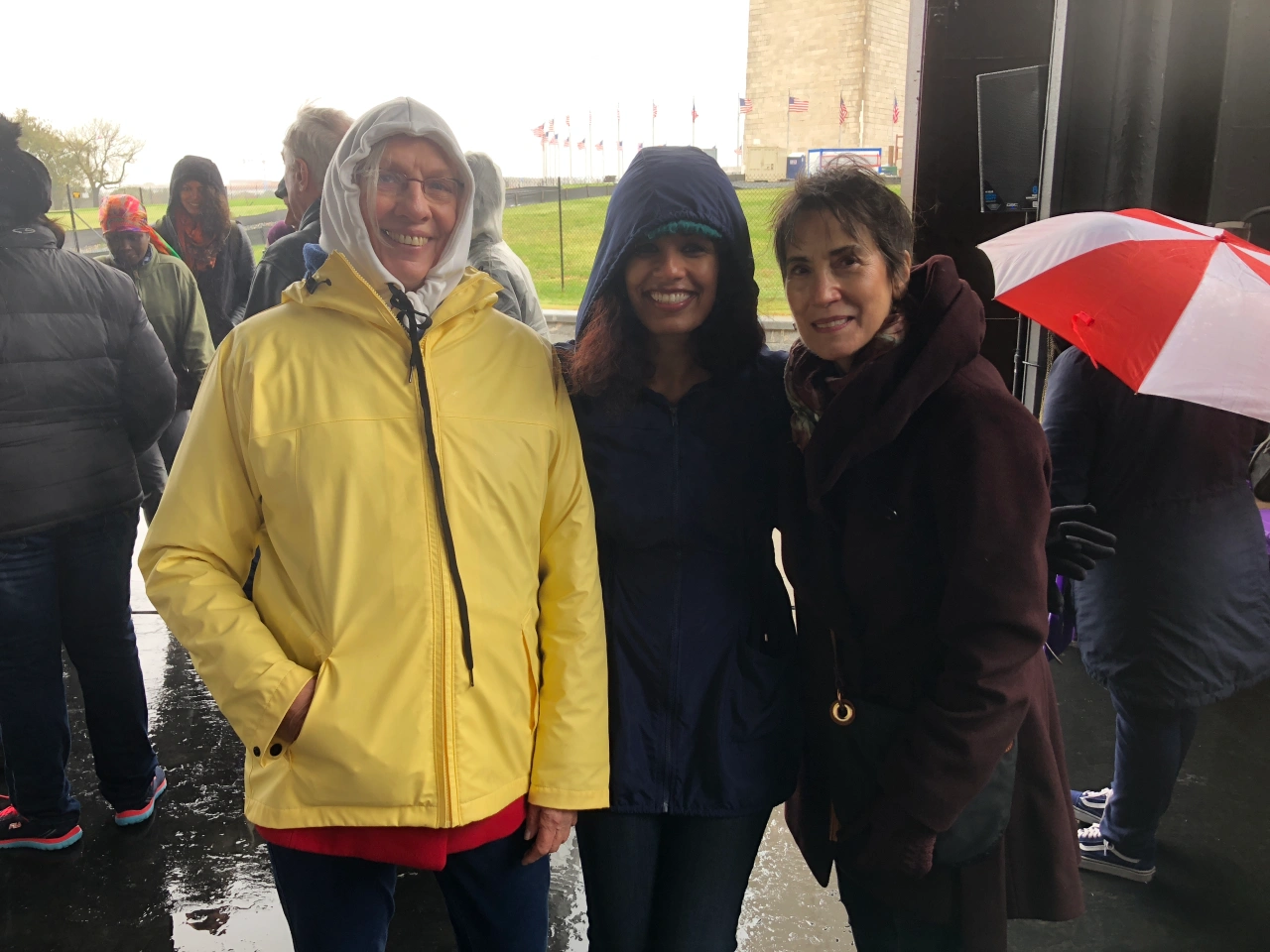
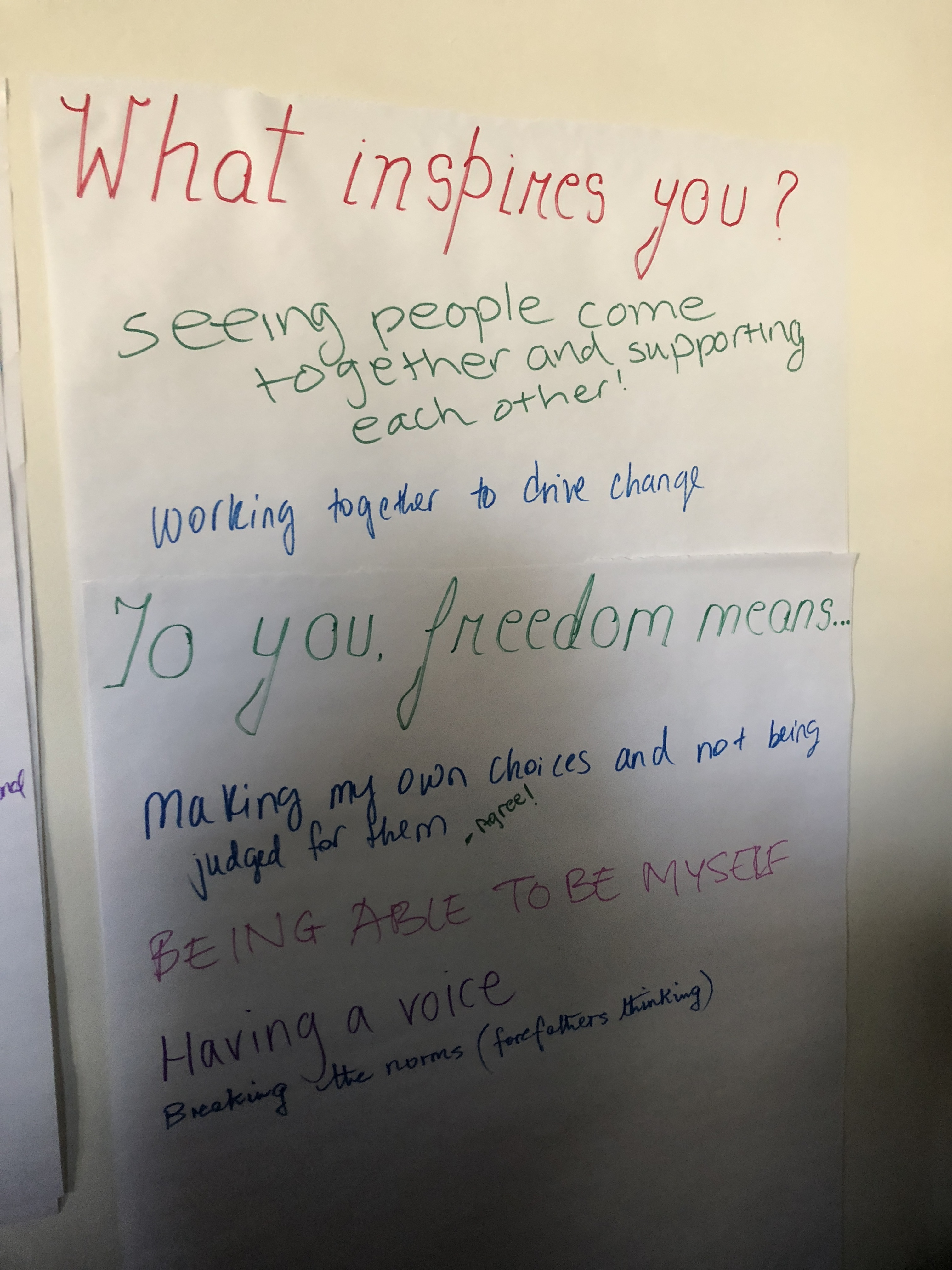
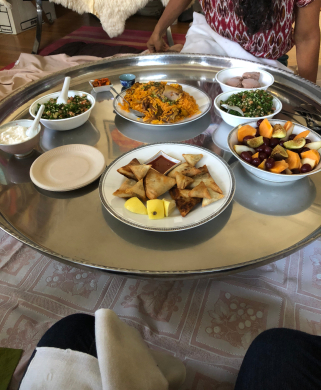 My mother had her storytelling circle
My mother had her storytelling circle 